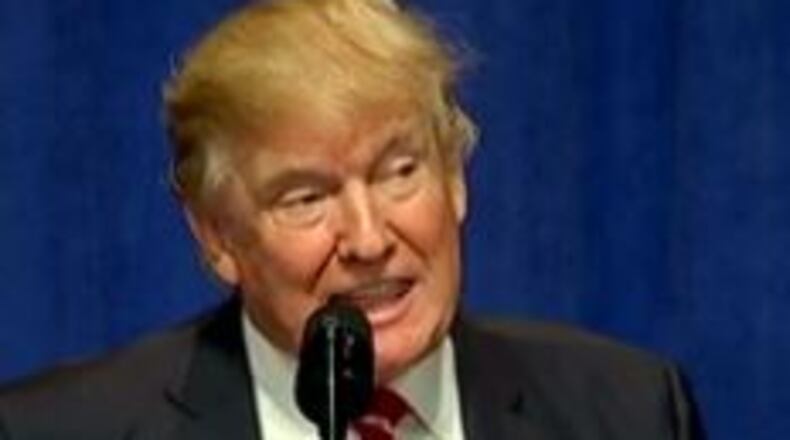The Trump Administration on Monday suffered two more legal setbacks on President Donald Trump's plan to slow refugee admissions, as well as visits from seven different Muslim-majority countries, as despite concerns voiced by Mr. Trump about the need to swiftly address terrorism threats to the U.S. coming from refugees and immigrants, the White House was in no legal rush to appeal the matter to the U.S. Supreme Court.
Here's the latest on where the legal and political fights stands over the President's executive order on immigration:
1. No appeal to the U.S. Supreme Court. Despite some talk last week about the Trump Administration taking this issue right to the Supreme Court, that does not seem to be in the cards as of now. In fact, there was no obvious sense of urgency from the Justice Department on the immigration matter, as lawyers for the Trump Administration said they wanted to wait and see whether the full Ninth Circuit would get involved in the issue of whether a federal judge could put the Trump immigration order on hold or not.
2. Federal judge rebuffs Justice Department request. It didn't take long for Judge James Robart, the Seattle-based judge who put the Trump immigration order on hold in the first place, to reject a Justice Department request to delay legal proceedings on the merits of the case, while waiting for action by the Ninth Circuit on whether the implementation of the order should be delayed. Judge Robart pointedly told Justice Department lawyers, "I'm not prepared to slow this down," as he said he was surprised at the President's Twitter declaration that he would "see you in court."
3. Federal judge in Virginia joins rulings against Trump. Three days after hearing arguments about the President's travel ban, Judge Leona Brinkema granted a preliminary injunction against that order, but limited its impact only to the state of Virginia - not nationally. Brinkema's 22 page ruling found that the Trump Administration had offered no evidence to back up its arguments for the executive order, and she scoffed at the notion that the courts could not review what the President was undertaking. "Maximum power does not mean absolute power," Brinkema wrote in her ruling.
Credit: Jamie Dupree
Credit: Jamie Dupree
4. Trump says nothing about an appeal or new immigration order. Last Friday, President Trump told reporters to expect an announcement in coming days on new efforts to deal with the threat of terrorism from refugees and others visiting the United States. But when he brought up the issue at a joint news conference with the Canadian Prime Minister at the White House, the President shed no light on what - if anything - might be rolled out to either revise or change the original executive order. And Mr. Trump said nothing about further legal challenges, either.
We'll see if anything new comes out on the immigration order today.
About the Author
The Latest
Featured



